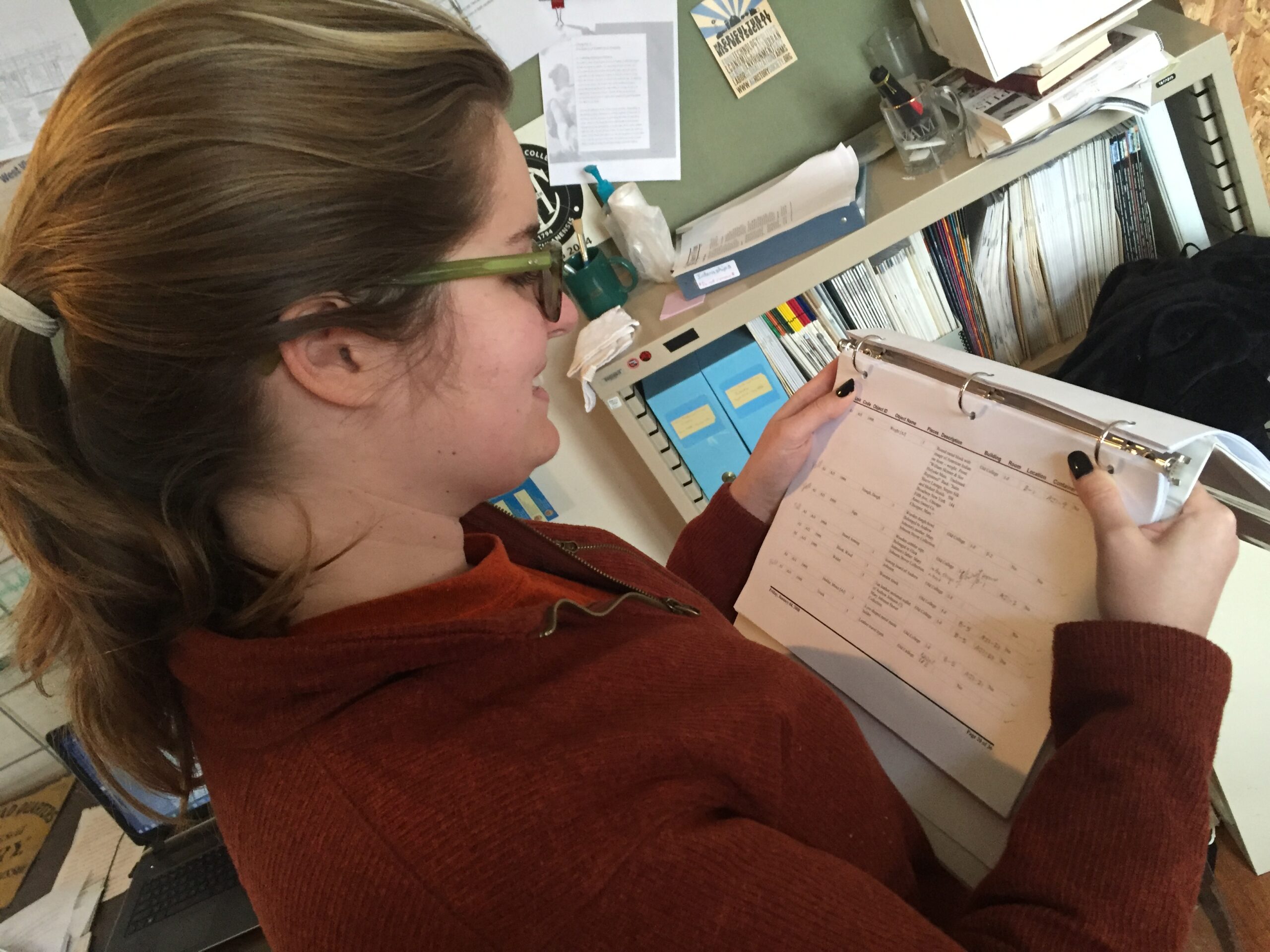For more information, click here!
For more information, click here!
The Museum Studies concentration provides students with the academic training and hands-on experiences needed to work in the museum field.
Students come to understand the important role of museums within their communities and develop the skills necessary to serve as museum administrators, curators, and educators. Students apply classroom lessons in the professional setting at two on-campus museums before completing an off-site internship.

Museum professionals care for one-of-a-kind historical artifacts and archival records, using them to tell meaningful stories about diverse people and places that bind communities together. the museum studies concentration prepares students for careers of service, working in institutions that help people understand who they are and how they fit within a longer historical chronology. Throughout the program of study, students volunteer with outside museums, gaining appreciation for the importance of volunteerism in the field and making professional contacts in the process.
The museum studies curriculum is rooted in practical hands-on experience. In every course, students are not only learning but also applying the skills museum professionals use in their working lives. Students conduct research, develop programs, build exhibits and care for collections at the two campus museums and with cooperating museums in the community. The student experience culminates in an off-campus internship, where students are mentored by working professionals at a museum of their choice.
There are many opportunities for our students to engage with history outside the classroom.
Our History and Museum Studies Student Organization puts on campus wide events and history-themed social gatherings. It also organizes trips each year for its members.
History and Museum Studies enjoy a “right-sized” program, developing meaningful relationships with their peers and mentoring relationships with faculty who serve as their academic advisors. All students complete religion coursework within the general education program. Chapel service is offered weekly, and students may pursue a concentration or declare a minor in religion. Some of our department faculty have a research interest in religious history, and students can take courses like, Religion in America and The Reformation.
At Tusculum, we know that history is not found only within the four walls of the classroom. Whether we are taking a trip to a historical site, digging through archives, working with historical artifacts or examining Tusculum’s Rare Books collection, our students are active and engaged in developing their historical understanding.
Tusculum student Hughston Burnheimer, who is pursuing a history major with a concentration in museum studies, and recent graduate Eirik Dahlgren, who was also part of that program, participated in July 2023 in excavation work at Tel Lachish in Israel led by Dr. Yosef “Yossi” Garfinkel, a professor of archaeology at the Hebrew University in Jerusalem. WBIR, a Knoxville television station, broadcast this story about it.